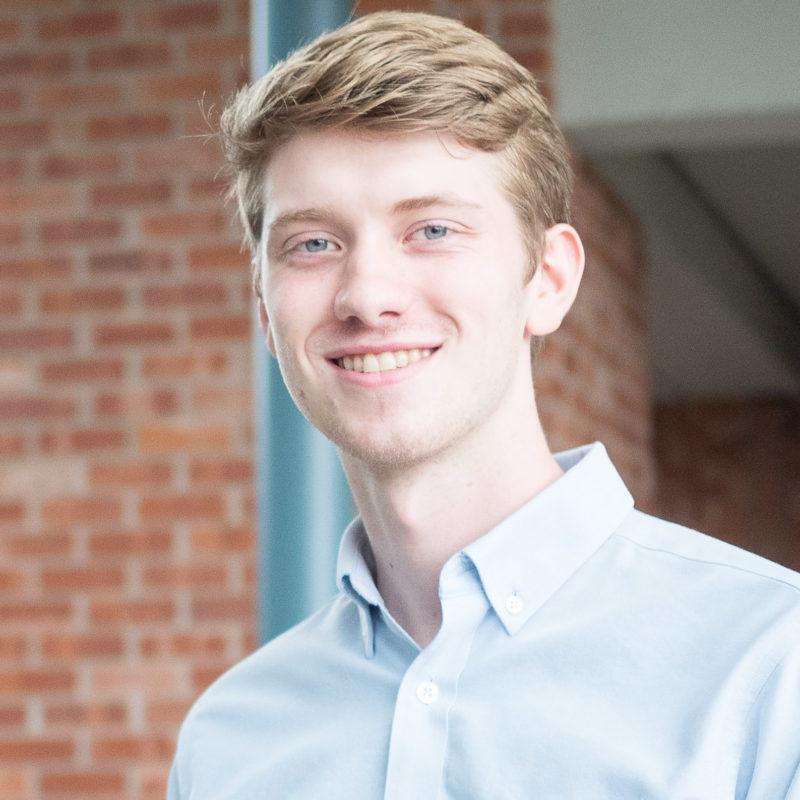I paid my taxes for the first time on Tuesday. April 18 is Tax Day, if you have not heard. This is not the first time I’ve filed a tax return, but it is the first time I have paid any taxes. Something about watching my $36 being sent to the United States Treasury filled me with glee. Hopefully these dollars will not be spent on a bomb, or on an aircraft carrier or on a rifle. I especially hope it is not spent on another Arleigh Burke-class destroyer, but we still have a few left to complete so I digress. But with paying my taxes comes one of my first rites of passage as a citizen of the United States, something I will always cherish.
The Wendt Twins may call it theft, but I like to think of it as part of my patriotic duty. Duty is a funny word. At times, I am not sure if people fully understand its meaning. Citizens have several duties, that at times we take for granted. We have a duty to pay taxes. We have a duty to serve in juries. We have a duty to vote in democratic elections and participate fully in our governments. Fortunately, I have had the opportunity to do all of these things. My chance at jury duty was rudely interrupted by Trinity University’s academic calendar, but I hope to serve with a jury of my peers one day.
When considering the population as a whole, who decides what civic duty is? Is it our leaders? Is it the people? My consideration is that it is the second. In a democracy, the majority rules, it makes laws and it hopefully does not oppress the minority. I will be the first to say that any sort of oppression, whether it be through the laws of a government, or the customs of the culture, is fundamentally wrong. As Martin Luther King Jr. wrote in his famous “Letter from Birmingham Jail,” “A just law is a code that a majority compels a minority to follow and that it is willing to follow itself.” Citizens must consider who the majority is, and who the minority is. The perceived minority cannot stray from the laws simply because they see themselves as above the laws, if the majority agrees it is to be law and follows that law accordingly. So it is established that a minority group cannot possibly expect to break the laws without punishment. Furthermore, any special privileges are unjust since they do not apply to the majority.
This is a sentiment that has been proposed by political philosophers since the days of Socrates. Aquinas in his “Summa Theologica” wrote that any law that uplifts human personality is just. Democracy, when placed in the correct hands with the correct intentions, is able to create and do wonderful acts. It is able to level the playing field for all groups. It is able to lift minorities to feel part of the whole, and reduce majorities to prevent the oppression of that same whole.
Democracy means all are equal. It means everyone has the same access, provided they are a constituent of the same polity. When groups purport or propose themselves to be above the laws, they are belittling democracy. Furthermore, if groups purport others to be not worthy of the laws, belittlement continues. If the rationale is because of their difference to the population as a whole, one need look no further than Dr. King to understand the fallacy of that argument.
Everyone is equal under the law. That is one of the fundamental tenets of democracy. Everyone is entitled to a fair share. Winston Churchill once wrote “you can always count on Americans to do the right thing “” after they’ve tried everything else.” He has many more intelligible and digestible quotes on democracy, but that is the only one I need for the purpose of this article. People may have issues with democracy, they may have issues with its processes and they may have issues with its leaders. But the beauty of democracy is thus: we the people hold the power to change.







Olivia R • Mar 9, 2023 at 10:11 am
This is exceptional journalism. Alex Perkowski for president!